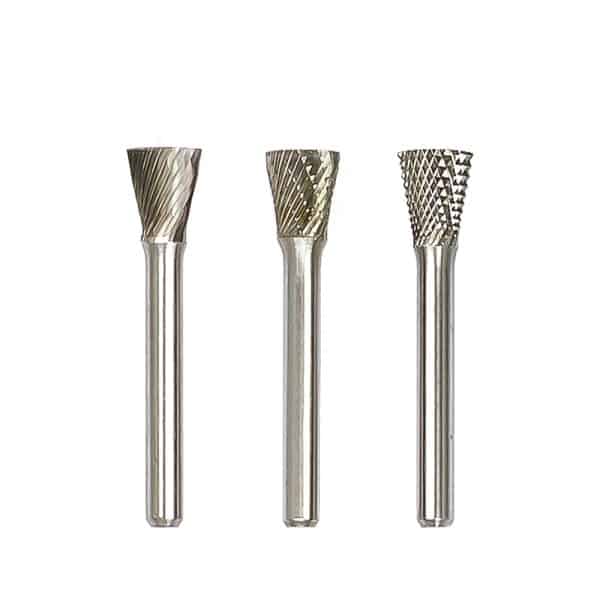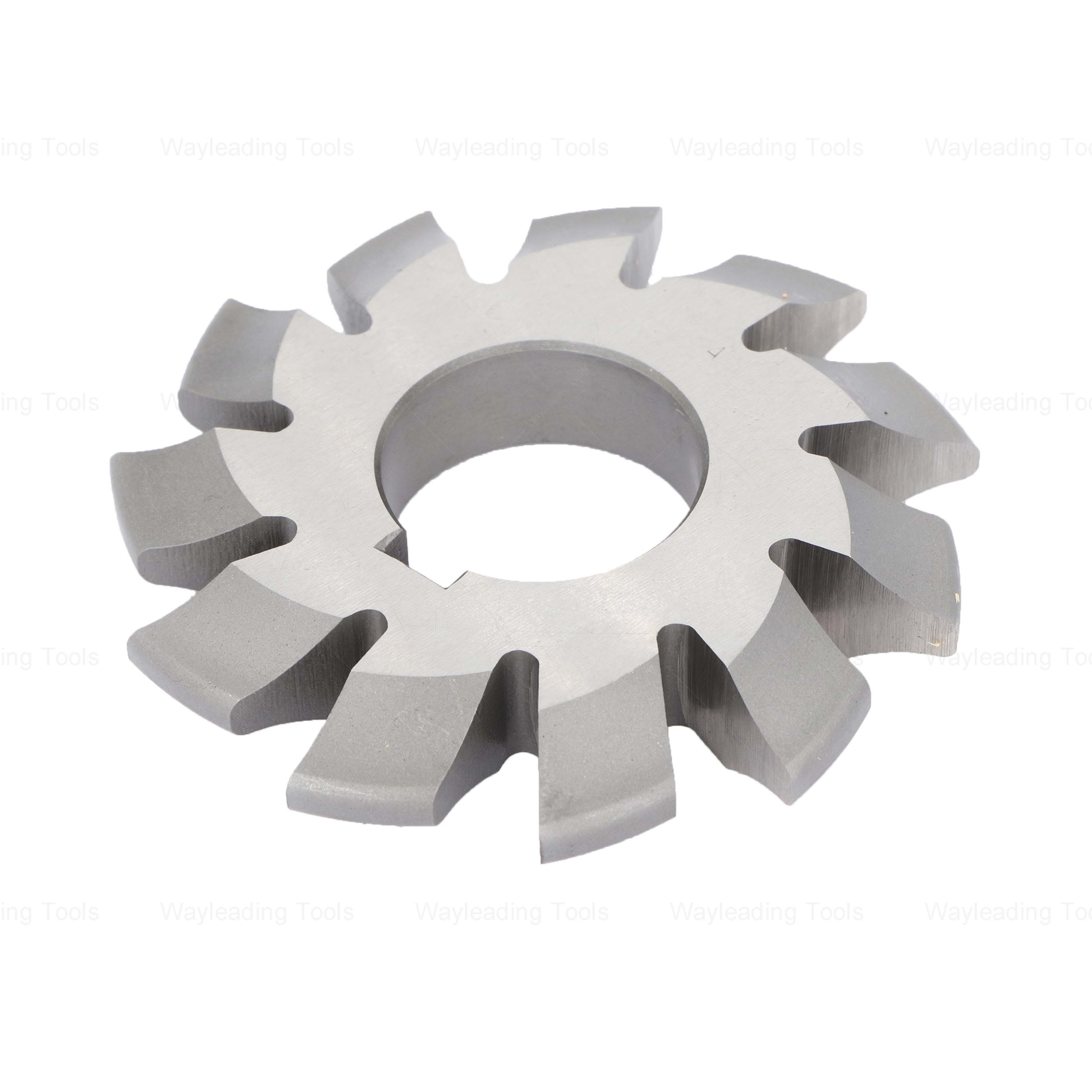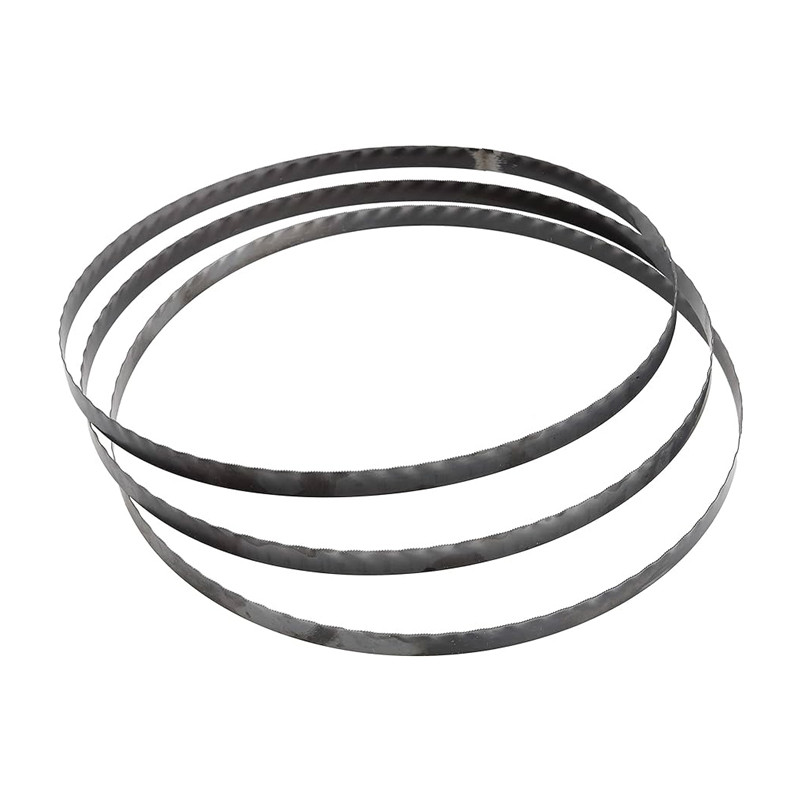Wholesale lathe mandrel
A wholesale lathe mandrel is a crucial component for various machining operations, offering precision and stability when working with workpieces. Selecting the right lathe mandrel depends on the specific application, material, and desired accuracy. This guide explores different types of lathe mandrels, key selection criteria, and where to source them at wholesale prices, ensuring optimal performance and cost-effectiveness for your machining needs. Wayleading Tools provides high-quality tooling solutions, visit www.wayleading.com for more information.
Understanding Lathe Mandrels
A lathe mandrel is a precision tool used to hold and support workpieces during turning operations on a lathe. It provides a stable and accurate platform, allowing for precise machining of cylindrical or rotating parts. The quality and type of mandrel directly impact the final product's accuracy and surface finish.
Types of Lathe Mandrels
Different types of lathe mandrels are designed for specific applications and workpiece geometries. Here are some common types:
- Solid Mandrels: These are simple, rigid mandrels typically made from hardened steel. They are suitable for workpieces with pre-drilled holes.
- Expanding Mandrels: These mandrels feature an expandable sleeve or cone that grips the workpiece internally. They offer excellent concentricity and are ideal for thin-walled components.
- Tapered Mandrels: These mandrels have a tapered surface that matches the internal taper of the workpiece. They provide a secure and self-centering grip.
- Hydraulic Mandrels: These mandrels use hydraulic pressure to expand and grip the workpiece. They offer high clamping force and are suitable for heavy-duty machining.
- Collet Mandrels: These mandrels use collets to grip the workpiece. They provide high precision and are suitable for a wide range of workpiece sizes.
Key Considerations When Choosing a Lathe Mandrel
Selecting the right wholesale lathe mandrel is essential for achieving optimal machining results. Consider the following factors:
- Workpiece Geometry: The shape and size of the workpiece will determine the type of mandrel needed. For example, a tapered mandrel is suitable for tapered bores, while an expanding mandrel is better for thin-walled components.
- Material: The material of the workpiece and the cutting tool will influence the choice of mandrel material. Hardened steel mandrels are generally suitable for most materials, but specialized materials may be required for abrasive or corrosive environments.
- Accuracy: The required accuracy of the finished part will dictate the precision of the mandrel. High-precision mandrels, such as hydraulic or collet mandrels, are necessary for tight tolerances.
- Clamping Force: The clamping force of the mandrel must be sufficient to hold the workpiece securely during machining. Insufficient clamping force can lead to slippage and inaccuracies.
- Ease of Use: The ease of loading and unloading the workpiece from the mandrel can significantly impact productivity. Quick-change mandrels can save time and effort.
Sourcing Wholesale Lathe Mandrels
Purchasing lathe mandrels at wholesale prices can significantly reduce costs, especially for businesses with high machining volumes. Here are some strategies for finding wholesale suppliers:
- Direct Manufacturers: Contacting manufacturers directly can often result in the best prices. Research manufacturers specializing in lathe mandrels and request quotes for bulk orders.
- Industrial Distributors: Industrial distributors often offer wholesale pricing on a wide range of tooling and equipment, including lathe mandrels. Establish relationships with reputable distributors to negotiate favorable terms.
- Online Marketplaces: Online marketplaces such as Alibaba, Global Sources, and eBay can connect you with wholesale suppliers from around the world. However, it's essential to verify the supplier's credibility and product quality before placing an order.
- Trade Shows: Attending industry trade shows provides an opportunity to meet with manufacturers and suppliers, compare products, and negotiate wholesale prices.
Lathe Mandrel Maintenance and Care
Proper maintenance and care are essential for extending the lifespan and maintaining the accuracy of your lathe mandrels. Here are some tips:
- Cleaning: Regularly clean mandrels to remove chips, dirt, and other contaminants. Use a soft cloth and appropriate cleaning solvents.
- Lubrication: Apply a thin layer of oil or grease to prevent rust and corrosion, especially on moving parts.
- Inspection: Periodically inspect mandrels for signs of wear, damage, or misalignment. Replace damaged or worn mandrels immediately.
- Storage: Store mandrels in a dry and clean environment to prevent rust and corrosion. Use protective cases or racks to prevent damage.
Troubleshooting Common Lathe Mandrel Problems
Even with proper care and maintenance, problems can sometimes arise with lathe mandrels. Here are some common issues and their solutions:
- Slippage: If the workpiece slips on the mandrel, increase the clamping force or use a mandrel with a more aggressive gripping surface.
- Vibration: Excessive vibration can be caused by an unbalanced workpiece or a loose mandrel. Balance the workpiece or tighten the mandrel securely.
- Inaccuracy: Inaccuracy can result from a worn or damaged mandrel. Replace the mandrel with a new one or have it repaired by a qualified technician.
- Difficulty Loading/Unloading: If you're having difficulty loading or unloading the workpiece, check for burrs or obstructions on the mandrel or workpiece. Clean or remove any obstructions.
Cost Comparison of Different Mandrel Types
The cost of different types of lathe mandrels can vary significantly. Here's a general cost comparison:
| Mandrel Type | Approximate Cost (USD) | Typical Applications |
|---|---|---|
| Solid Mandrel | $50 - $200 | General purpose turning, simple cylindrical parts |
| Expanding Mandrel | $150 - $500 | Thin-walled parts, internal gripping required |
| Tapered Mandrel | $100 - $300 | Tapered bores, self-centering applications |
| Hydraulic Mandrel | $500 - $2000 | Heavy-duty machining, high clamping force required |
| Collet Mandrel | $200 - $800 | High precision applications, wide range of workpiece sizes |
Note: Prices are approximate and may vary depending on the manufacturer, size, and features.
Conclusion
Selecting the appropriate wholesale lathe mandrel is crucial for achieving accurate and efficient machining operations. By understanding the different types of mandrels, considering key selection criteria, and sourcing from reputable suppliers, you can optimize your machining processes and reduce costs. Remember to prioritize maintenance and troubleshooting to ensure the longevity and accuracy of your mandrels. Wayleading Tools, with its extensive experience in the tooling industry, offers a wide range of high-quality lathe mandrels to meet your specific needs. Visit our website at www.wayleading.com to explore our product catalog and find the perfect mandrel for your next project.
Disclaimer: This article provides general information about wholesale lathe mandrels. Always consult with a qualified professional for specific advice tailored to your individual needs and applications.
Related products
Related products
Best selling products
Best selling products-
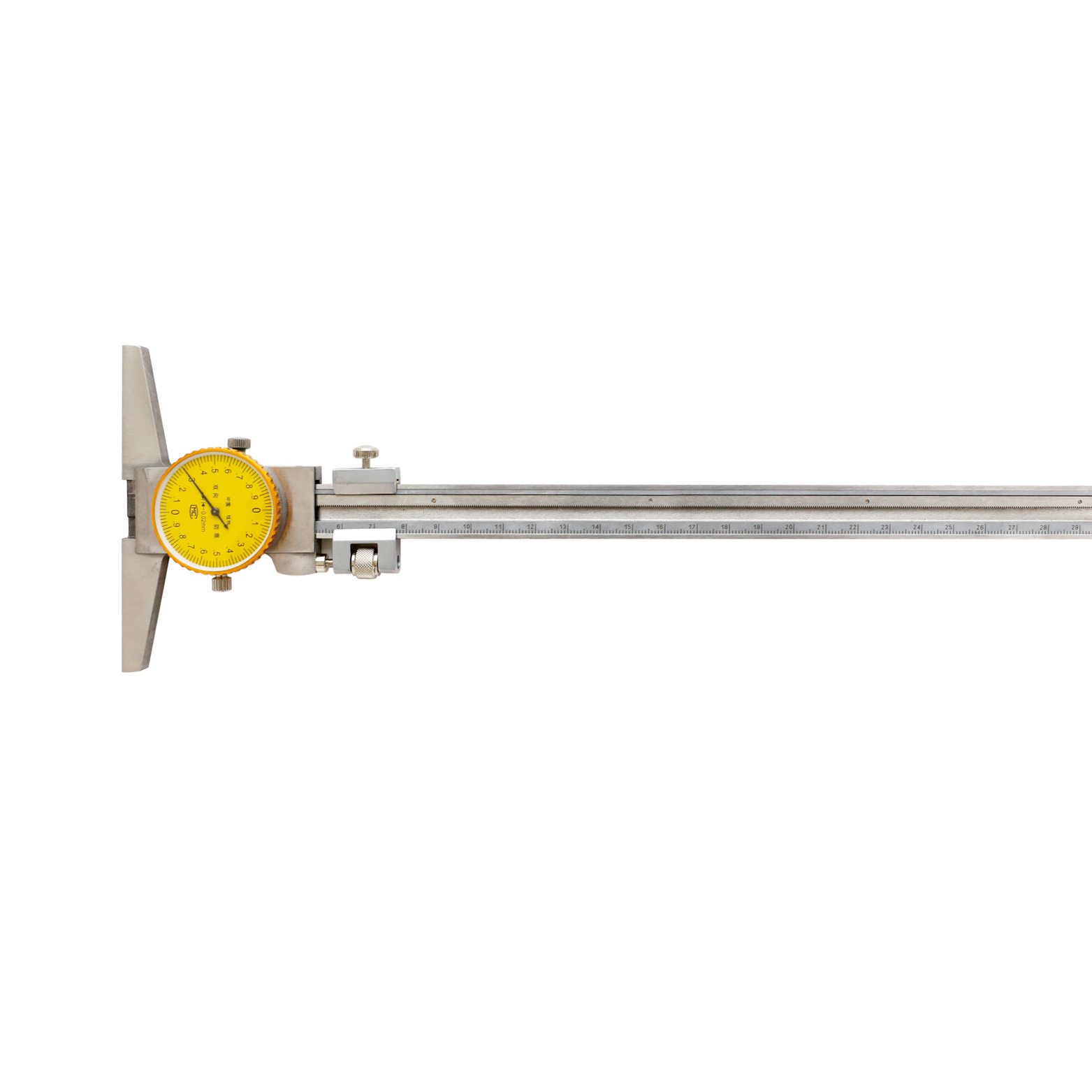 Dial Depth Gauge With Stainless Steel For Industrial Type
Dial Depth Gauge With Stainless Steel For Industrial Type -
 High Precision BT-ER Collet Chuck – CNC Tool Holder, Spring Type, ER16–ER40
High Precision BT-ER Collet Chuck – CNC Tool Holder, Spring Type, ER16–ER40 -
 Outside Micrometer Set Of Inch & Metric With Rachet Stop
Outside Micrometer Set Of Inch & Metric With Rachet Stop -
 HSS Inch Convex Milling Cutter For Industrial
HSS Inch Convex Milling Cutter For Industrial -
 Digital Depth Gauge With Stainless Steel For Industrial Type
Digital Depth Gauge With Stainless Steel For Industrial Type -
 HSS ISO Metric Round Die Wieh Splite Or Adjustable Splite Type
HSS ISO Metric Round Die Wieh Splite Or Adjustable Splite Type -
 HSS Inch 4 Flute End Mills With Bright Or TiN And TiAlN Coated
HSS Inch 4 Flute End Mills With Bright Or TiN And TiAlN Coated -
 Type A Cylinder Tungsten Carbide Rotary Burr
Type A Cylinder Tungsten Carbide Rotary Burr -
 Precision V Block Set With High Quality Type
Precision V Block Set With High Quality Type -
 APKT Milling Insert For Indexable Milling Cutter
APKT Milling Insert For Indexable Milling Cutter -
 Plain Back ER Collet Fixture With Lathe Collet Chuck
Plain Back ER Collet Fixture With Lathe Collet Chuck -
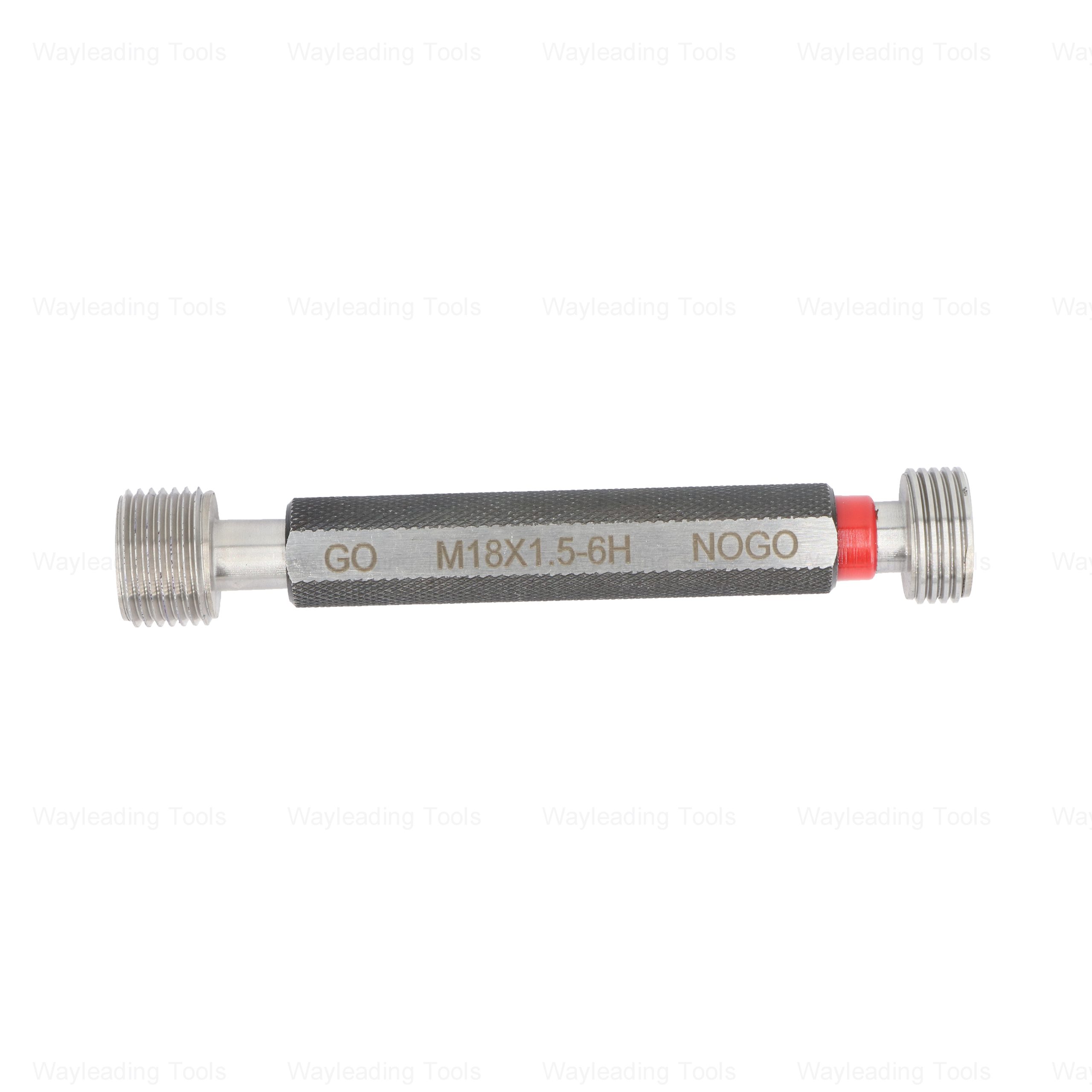 High-Precision Metric Thread Plug Gauge – 6H Class, GO & NO-GO Ends
High-Precision Metric Thread Plug Gauge – 6H Class, GO & NO-GO Ends
Related search
Related search- High-Quality TCGX insert
- PCRN turning tool holder Factory
- Wholesale 7pcs toolholder set
- sxmt insert Supplier
- full fillet spline cutter Manufacturers
- Wholesale tubing micrometer
- Wholesale step drilling
- british standard taper pipe full profile threading insert Factories
- High-Quality MCBN turning tool holder
- threading tool holder set Factory

